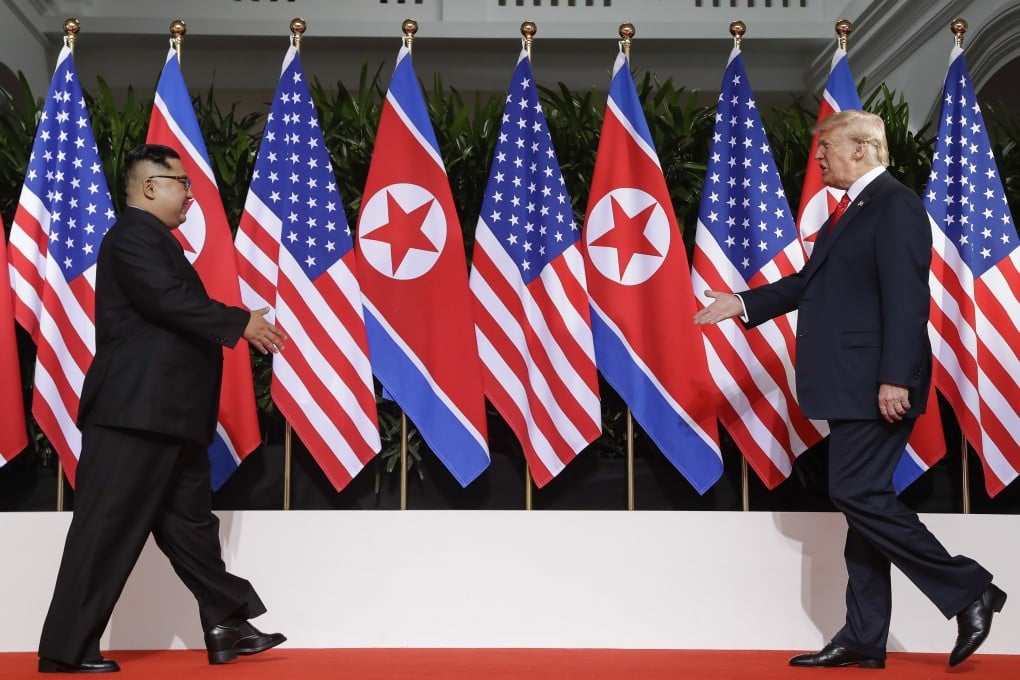Warnings, recriminations and a missile launch: how the US-North Korea nuclear talks died
- After talks collapsed in June, Kim Jong-un fell back on his signature tactic: test-firing ballistic missiles
- Washington and Seoul have also moved toward their traditional stance on Pyongyang and will resume joint air defence exercises next month

When North Korean leader Kim Jong-un vowed “complete denuclearisation” last year, Washington and Seoul offered him an extra incentive to ensure the vow would stick. The allies suspended their major joint military exercises, sparking criticism from hardliners such as John Bolton, the former US national security adviser who warned that Kim was playing games.
Washington and Seoul focused on diplomatic efforts to persuade North Korea to forfeit its nuclear weapons programme. Officials in both capitals offered Pyongyang blueprints to help Kim realise his economic ambitions in exchange for irreversible denuclearisation. Some top diplomats in Seoul have described this unorthodox approach as a measure to “give peace a chance.”
But eight months after the failure of his high-stakes summit with Kim, US President Donald Trump’s determination to solve the nuclear stand-off through direct dialogue appears dead. Kim has instead pivoted to his signature nuclear gambit, launching ballistic missiles.
Last month, Kim increased tensions further by test-firing a new submarine-launched ballistic missile (SLBM), directly threatening the US homeland. The possession of SLBMs significantly increases the country’s second-strike capability, as it would allow nuclear retaliation even if all of its land-based missiles have been destroyed. The fact that it operates underwater also makes it harder for the US to detect before the launch, thus posing a greater threat to US territory.
The working-level meeting between the US and North Korea in Stockholm, held right after the SLBM launch, also collapsed, further diminishing hopes. Top North Korean negotiator Kim Myong-gil issued a warning soon after the meeting that “terrible events” could occur.
With Pyongyang returning to its traditional approach, Washington and Seoul are also tilting towards their orthodox stance on North Korea. The allies are now preparing to resume their joint air defence exercises, as narratives in Washington also showing some signs of changing.